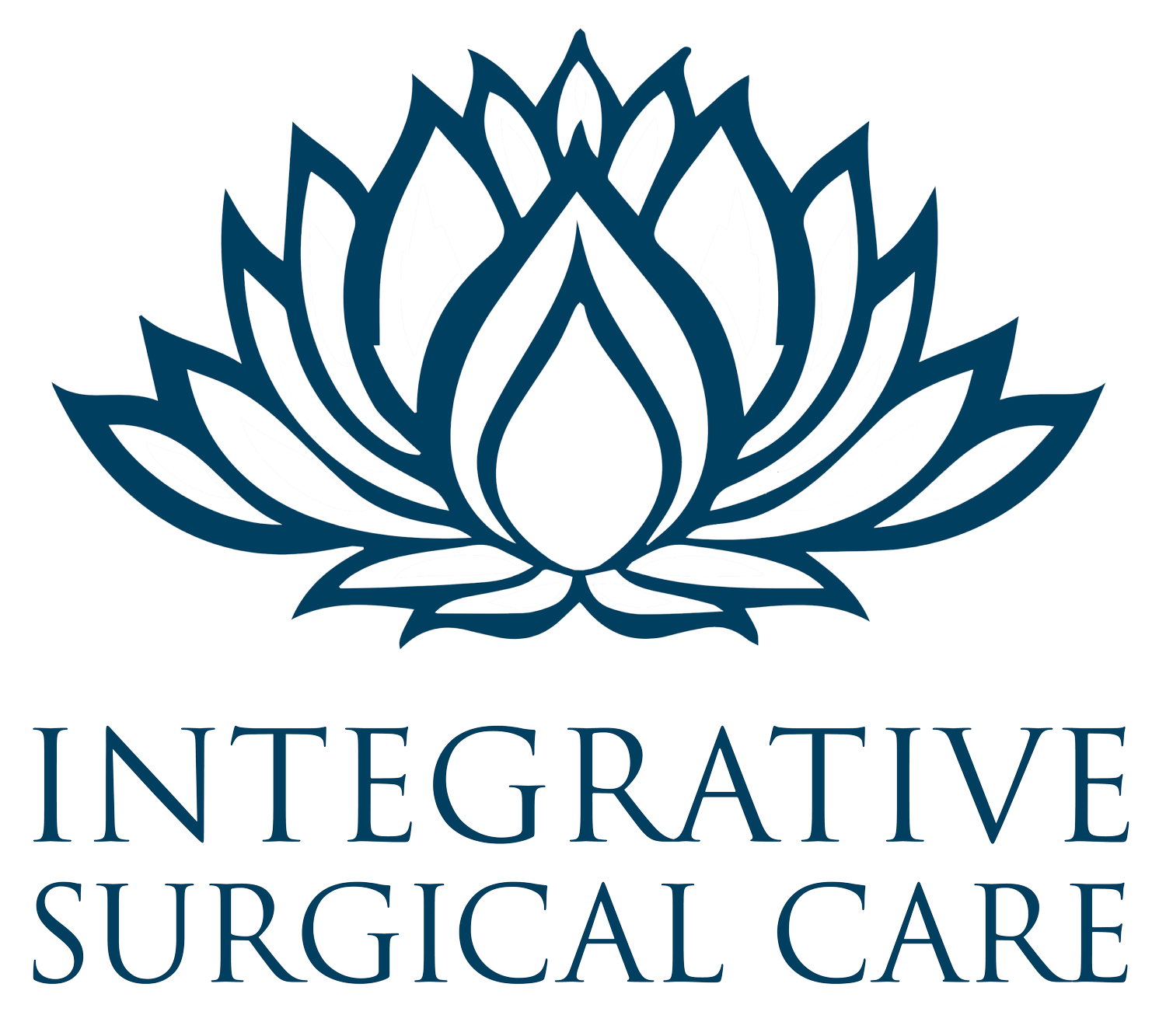How to Improve Sleep Hygiene Before Surgery
Turns out that a bedtime routine is really good for adults too… ESPECIALLY when their sleep is compromised because they are going through health problems and need surgery. Respecting the routine around sleep will improve your SLEEP HYGIENE. Start the exercise of creating a bedtime routine with the typical dinner, bath, and bedtime items, and build from there. Add in more complex parts listed below that apply to you. I’ll also give some examples. Together we can make this easy.
Sleep Hygiene Methods
Write down the bedtime routine and make it easier to follow
Consistent bedtimes
Buy an old fashion plug-in or battery alarm clock so you don’t use your phone alarm clock app
Don’t sleep with your phone in the bedroom; this will take some getting used to
No screen time in the bedroom
Try to avoid screens for an hour before bed, the more the better
Consider blue light glasses if cannot avoid screens prior to bedtime
No caffeine after 4pm
No alcohol with dinner (yeah, bummer, but even one drink can affect your sleep)
Nothing to eat 1 hour before bedtime
Daytime exercise is a great way to improve your sleep health
Have a bedside journal or pad of paper to write down anything on your mind keeping you up or waking you up
If you cannot sleep, leave the room and do a quiet activity, and return to your bedroom when feeling tired
Have self-compassion for the stresses of your day, disease, injury, and need for surgery
Stress reducers such as a relaxing bath or meditation
Here are a few bedtime routines that I’ve created for patients. Remember!!! You don’t have to stick to this plan forever. This is only for a few weeks to get you through the important times before, during, and after surgery to optimize your surgical outcomes and experience.
Bedtime routine example 1:
Dinner by 7pm
TV and other screen time until 9pm
Slow water intake after 9pm
9pm finish cleaning kitchen and picking up around the house
930 or so, journaling about favorite parts of the day
10pm lights out, lie quietly in bed for 20 minutes and if not asleep by 1030pm then take 3mg melatonin
Bedtime routine example 2:
Dinner by 8pm w/ spouse
Writing or typing out a “to-do” list for the day and week ahead, keeping it by the bed in case other appointments or activities etc interrupt your going to sleep
Have jazz music playing while writing out your list
930pm relaxing bath with lavender salts or essential oils
10pm guided sleep meditation on Headspace and 1mg melatonin with 400mg magnesium supplement
Bedtime routine example 3:
6pm dinner after school and sports activities with kids, drink 1-2 glasses of water throughout the meal
7pm kids are starting homework, you are checking emails one last time for the evening, and getting lunches ready for tomorrow.
Blue light glasses for kids and you starting at 8pm
9pm shower
Kids in bed by 10pm
Read book for pleasure until 11pm while drinking your favorite chamomile tea even though you’ll probably have to go to the bathroom during the night!
11pm phone out of room, alarm clock set on night stand for 6am.
Once surgery, recovery, and healing are over, and you no longer need to optimize surgical wellness, you can return to whatever evening routine or non-routine you enjoy. Have wine with dinner! Watch a movie and don’t worry about staying up late! But for one week while you are facing surgery and one week after during recovery, give yourself the best sleep and overall health possible with good hygiene.
And if you aren’t yet convinced that better sleep will help you in surgery, watch my video or read more about it!
